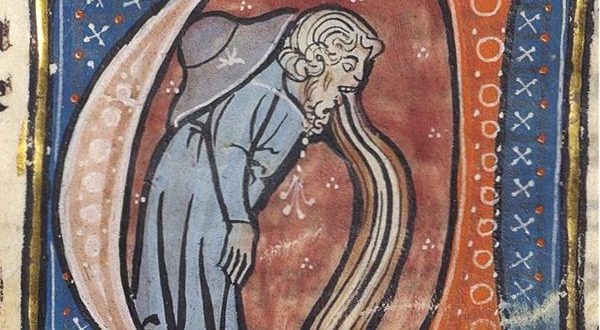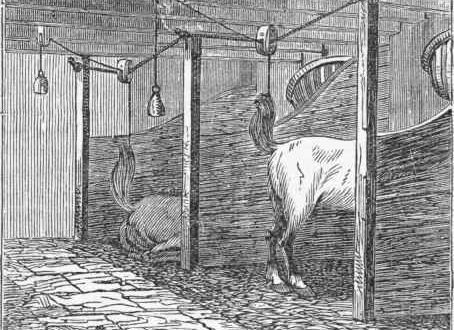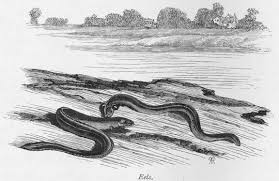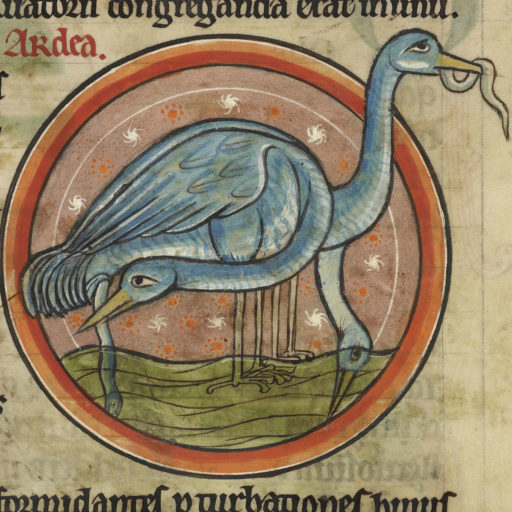-
Death By Eels: Murderous Gluttony and Stone-Cold Murder

There are many stories of people dying after eating a plate of eels. Sometimes their deaths were an accident, and sometimes the result of foul play. Probably the most famous eel-related death came in 1135, when King Henry I of England famously died after eating what the chronicler Henry of Huntingdon described as a dinner…
-
Raw Eels May Kill Your Hangover. And the Rest of You, Too.

Have you ever woken up with a hangover after a hard night of partying, and thought to yourself, “What I really want right now is a good medieval remedy?” If so, then you probably turned to Google, or reached for a book on the topic, and learned that a serving of raw eels with bitter…
-
Bede’s Account of Wilfrid and the South Saxons
The eighth-century monk Bede gives us some of the first evidence of eels as a part of English life in post-Roman Britain. Scattered archeological evidence, like a 7th-century cemetery in Cambridge that yielded a copper bowl containing three complete eel skeletons, hint at the fish’s importance in England at this time.[1] But it is in…
-
Getting Used to It: Churchill’s Eel Metaphor

In 1931 Winston Churchill wrote an essay for The Strand in which he defended political cartoons as an essential part of the British democratic system. Rather than criticize the artists’ frequent lampooning of public figures – including himself – Churchill argued that politicians should have thicker hides, saying, “Just as eels are supposed to get…
-
Feaguing Before Ginger: A Lively Horse Discussion

Eels show up in a lot of ways in the illegal economies of medieval and Early Modern England. They were poached from creeks, stolen along the road, and pirated from ships. But eels were also an important part of the horse trade, where too-sharp horse dealers used them to help liven up older, broken-down horses.…
-
Like Salt Among Live Eels: A 12th-Century Saying

The twelfth-century chronicler Henry of Huntingdon offered an unusual eel metaphor in De Contemptu Mundi (“On Contempt for the World”), a long and moralizing letter that he wrote to his friend the archdeacon Walter. In the letter, Henry relates the story of a young man named Simon, the son of Henry’s bishop. Simon seems to…
-
Welcome!

Welcome to this site offering short accounts of eel history. Over the next weeks and months the number of stories here should grow, both in number and variety. So check back on a regular basis for new bits of eel history! If you are interested in contributing please contact me with your ideas.
